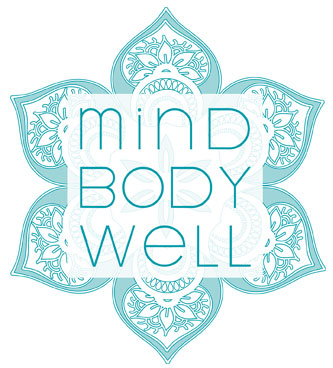“I have so much going on at home and work is intense. I’m trying to work on recovery, but I have too much on my plate right now,” my client told me during a recent session.
“So, when you have a lot on your plate at work and home, it feels too difficult to challenging the eating disorder?” I asked.
“Yes”.
“It sounds like when your metaphorical plate is full of responsibilities, your food plate is empty, is that right?”
“Yeah, I guess so.”
This recent exchange with my client highlighted to me how challenging it can be to focus on eating disorder recovery when life is busy. Sometimes you’re faced with multiple life stressors; challenges with work or study, problems in the family, difficulties in your relationships – which can make it feel like you just don’t have the time or energy required to focus on recovery.
The problem with this is that you can always find reasons to put off change. You might tell yourself you will do that food challenge next time you go out for a meal, or that you can start following your meal plan tomorrow, or that you will practice mindfulness skills after your current stressors resolve.
But life keep giving us challenges, things to do and so many opportunities to avoid or distract ourselves from change.
Often, the familiarity of eating disordered behaviours can even make you crave those behaviours even more when life is busy. The problem is that these behaviours provide only momentary relief, and can in fact add to the other life stressors by making you more vulnerable and physically and emotionally compromised. Irregular eating impacts on psychological and emotional coping, and can actually make the difficulties of life even more challenging. So putting off recovery until life gets easier might seem like a good idea, but in reality, the best time to start actively working on your recovery is now.
If this is relevant for you, you may find it helpful to reflect on some of the questions below to explore your personal circumstances.
Reflections:
· What situations, stressors or events have you used as reasons to put off recovery?
· Do you know what ‘perfect’ circumstances you are waiting to start working on recovery?
· How have your day-to-day stressors really been improved or worsened by engaging in eating disordered behaviours? How might recovery help?

